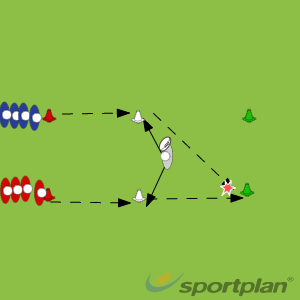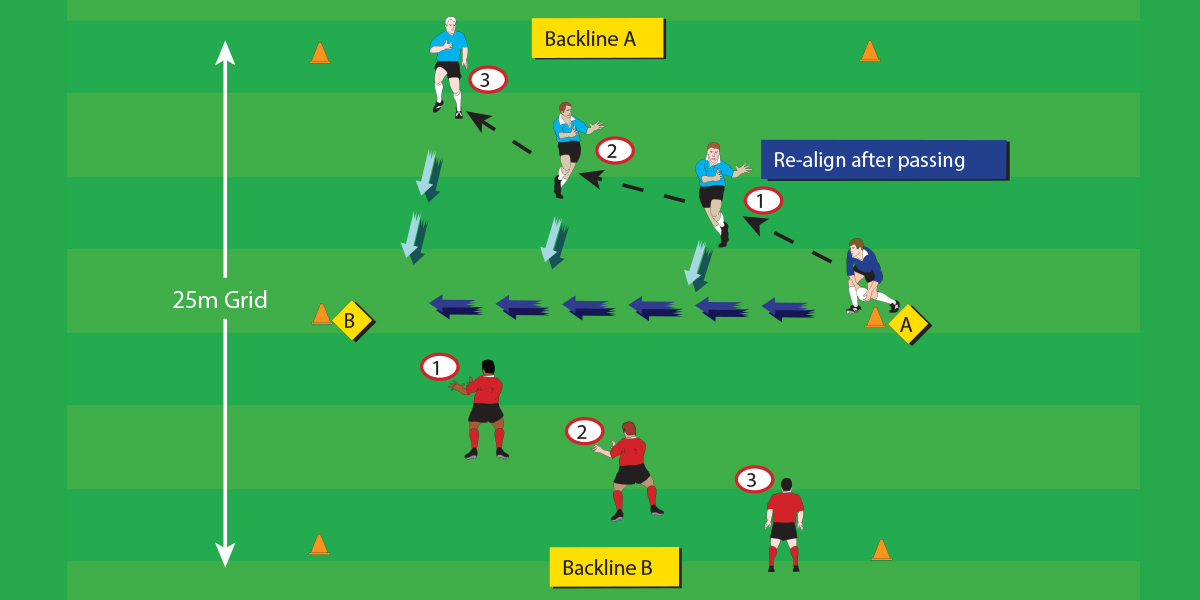
The club was able to turn its from around in the 2003 season, topping the ladder with 49 points and 10 wins from 11 matches. įrom 1999 – 2002 the Blues' onfield performance was poor, missing the playoffs every season, finishing at an all-time low of 11th on the ladder in 2001 with just four wins for the season. The Crusaders ultimately won the match by 20–13, putting an end to the Blues' dominance of the competition. They defeated the Otago Highlanders by 37–31 in the side's third consecutive home semi-final, securing a home final against the Crusaders, a match which promised a great deal due to Auckland's traditional sporting rivalry with Canterbury. The 1998 season saw the Blues again top the points table with 43 points at the conclusion of the round robin, with nine wins and two losses to their credit. In 2000, the Auckland Blues dropped the Auckland prefix from their name, and became known simply as 'Blues'. Generally supporters in the South Auckland region identify as Blues supporters even though they are technically in the Chiefs region. Thus, the Blues traded a portion of South Auckland for the Northern portion of the Auckland region and Northland, and still do not represent the entire Auckland region. Because of this trade, the Blues lost the area colloquially referred to as South Auckland, (excluding those portions of the South Auckland to the north of Manurewa). Although in the seasons leading up to the trade North Harbour and Northland had outperformed Counties Manukau and Thames Valley in provincial rugby (thus potentially widening the already sizeable gap between the Blues' and Chiefs' on-field performance), it enabled both teams to represent unions in closer geographical proximity. This led the Blues and the Chiefs to arrange a swap, where the Chiefs would represent the Thames Valley and Counties Manukau provincial unions in exchange for the Blues representing the Northland and North Harbour unions in addition to Auckland.

The 1997 final was a more hard fought encounter than the previous year's, with the Blues defeating the ACT Brumbies 23–7.īy the end of the 1990s the number of international representatives from the Blues region had decreased. The Blues once again easily won their semi-final, defeating the Sharks 55–36 at Eden Park and again securing a home final. In 1997, the side improved on their previous season, comfortably topping the table with 50 points after going undefeated in the regular season, the sole blemish on an otherwise perfect season being a draw with Northern Transvaal in a re-match of the previous season's semi-final. This result secured a home final, where the Blues comfortably defeated the Sharks 45–21. They then went on to defeat Northern Transvaaal, now the Bulls, 48–11 in the semi-final at Eden Park. In 1996 the side won eight of eleven round robin matches and finished the regular season in second place (behind the Queensland Reds on 41 points. The Blues tasted immediate success, winning the Super 12 back-to-back in 19. During this era, the Blues played the majority of their home matches at Eden Park, with round robin fixtures occasionally held at Growers Stadium in Pukekohe. As the amount of international representatives in the Auckland region was thought to be unfair, it was split up between The Blues and The Chiefs.


Each of New Zealand's five sides represented a number of provincial unions, with the Blues representing the Auckland, Counties Manukau and Thames Valley unions, while the neighbouring Waikato Chiefs representing the Waikato, Bay of Plenty, King Country, Northland and North Harbour unions. The team's logo from 1997–2000, when the team dropped the Auckland prefix from its official name.Īlong with New Zealand's other Super Rugby sides, the Blues were established by the NZRU to take part in the newly formed Super 12 competition which, involved teams from South Africa and Australia in addition to New Zealand.

History Formation, Early Years and Immediate Success (1996–97)


 0 kommentar(er)
0 kommentar(er)
